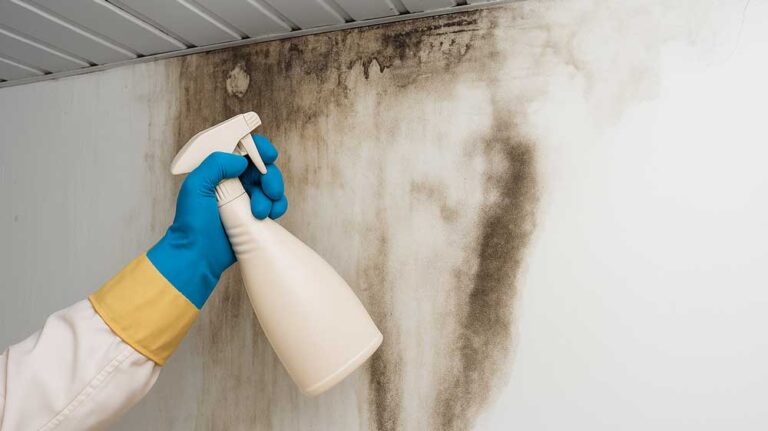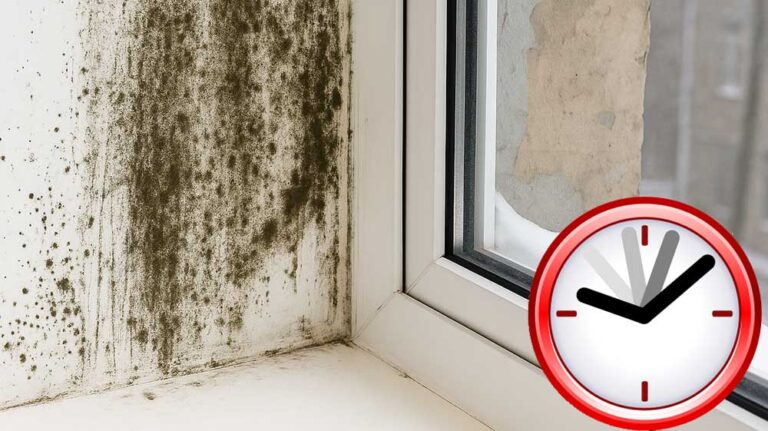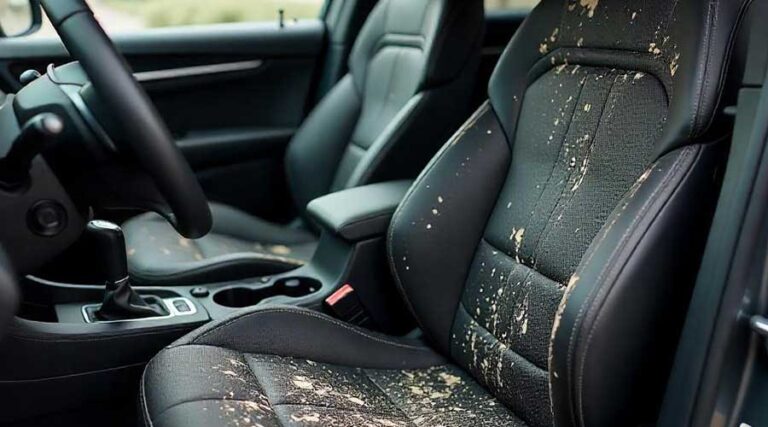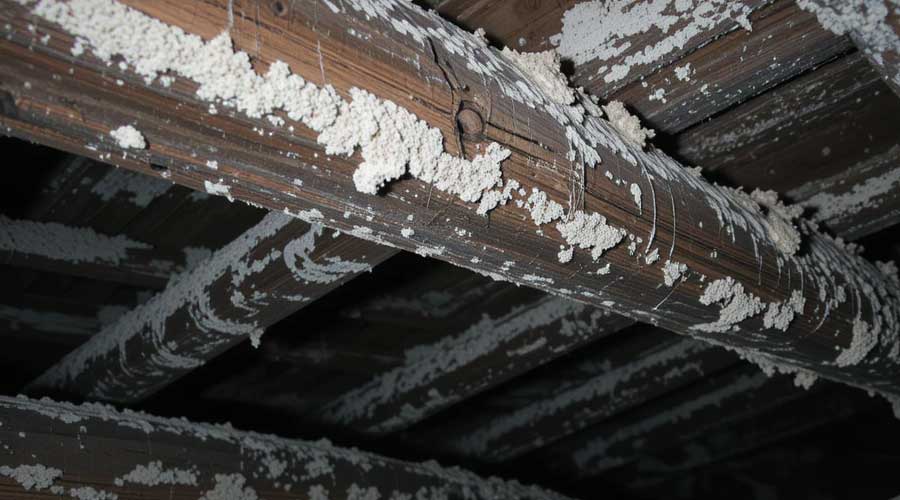
Discover how to safely remove crawl space mold, hire local experts, and prevent costly damage. Protect your home and health with this step-by-step guide.
This guide walks you through crawl space mold removal, from spotting the problem to hiring local experts and preventing future outbreaks. Mold in your crawl space isn’t just a nuisance—it’s a threat to your family’s health and your home’s structural integrity. As a homeowner, addressing mold quickly and thoroughly is key to protecting your investment.
Why Crawl Space Mold is a Homeowner’s Nightmare
Mold thrives in damp, dark crawl spaces, feeding on organic materials like wood and insulation. Left unchecked, it can:
- Damage your home: Rot floor joists, weaken foundations, and ruin insulation.
- Harm your health: Trigger allergies, asthma attacks, and respiratory issues.
- Lower property value: Mold disclosures can scare off buyers or reduce sale prices.
Step 1: Identify the Problem
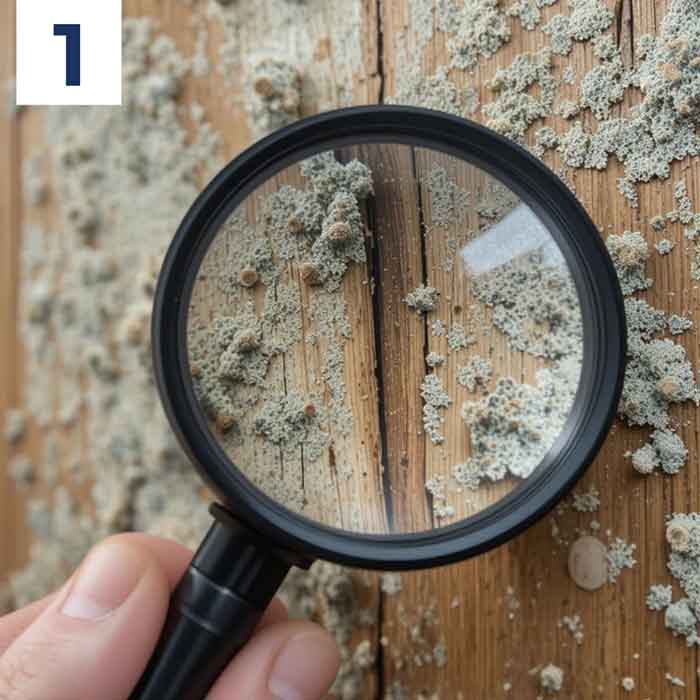
Look for these signs of mold:
- A persistent musty odor (even if you can’t see mold).
- Visible growth: Black, green, or white fuzzy patches on wood, insulation, or pipes.
- Water stains or condensation on walls or floors.
- Warped floors or peeling paint above the crawl space.
What to do next:
- Use a DIY mold test kit ($10–$50) for preliminary checks.
- For severe cases, hire a professional mold inspector ($300–$600) to identify mold types (e.g., toxic black mold) and moisture sources.
Step 2: Hire Local Mold Removal Experts
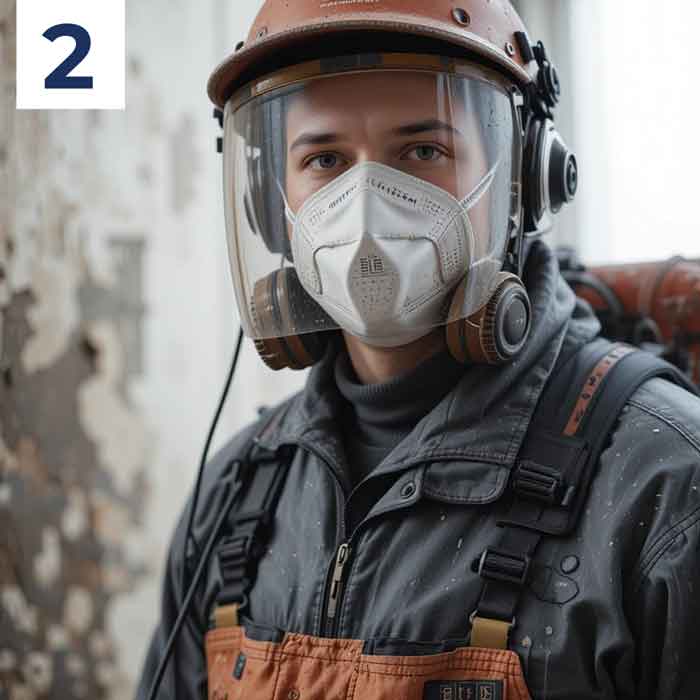
Searching for “crawl space mold removal near me”? Here’s how to choose the right pros:
✅ Check credentials:
- Look for certifications like IICRC or NORMI and proper licensing.
- Read reviews highlighting thoroughness, communication, and warranties.
✅ Prioritize local expertise:
- Local companies understand regional risks (e.g., humidity in the South, flooding in coastal areas).
- They’ll comply with state building codes and recommend climate-specific fixes.
✅ Ask the right questions:
- “Do you diagnose and fix moisture sources, like leaks or poor ventilation?”
- “Do you offer encapsulation or vapor barriers to prevent future mold?”
- “What’s included in your warranty?” (Aim for 1–5 years of coverage.)
Step 3: Fix the Root Cause (Don’t Just Remove Mold!)
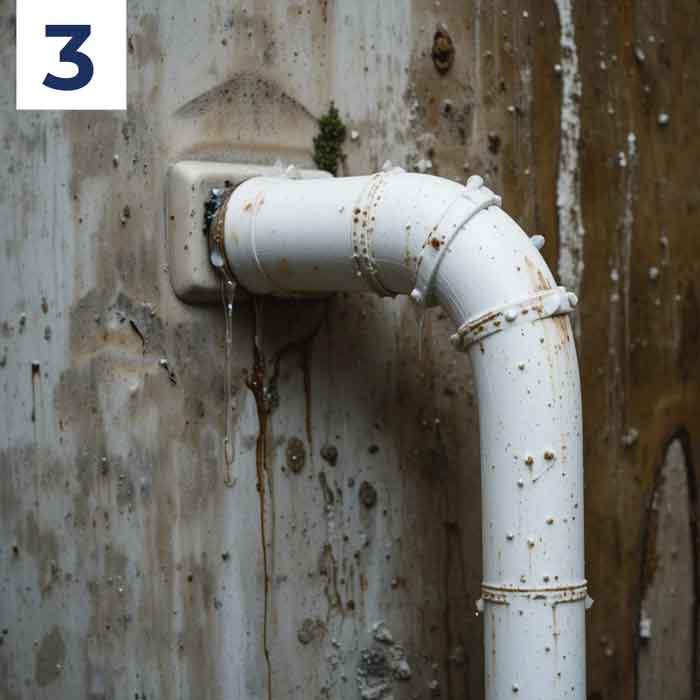
Mold will return if moisture isn’t controlled. Ensure your contractor addresses:
- Water leaks: Repair cracked pipes, faulty gutters, or poor drainage.
- Humidity: Install a crawl space dehumidifier ($1,000–$2,500) or ventilation fans.
- Ground moisture: Add a vapor barrier ($0.50–$1.50 per sq. ft.) to seal the soil.
- Encapsulation: Seal the entire crawl space with heavy-duty liners ($3,000–$8,000) for long-term protection.
Step 4: Understand Costs & Insurance

- Average mold removal cost: $500–$6,000 (varies by severity and crawl space size).
- Encapsulation/add-ons: $1,500–$15,000 (saves money long-term by preventing repeat issues).
Insurance tips:
- Most policies don’t cover mold caused by neglect (e.g., unresolved leaks).
- Coverage may apply if mold stems from a “covered peril” like burst pipes or storm damage.
- Document damage with photos and keep repair receipts for claims.
DIY vs. Professional Mold Removal: What Homeowners Need to Know
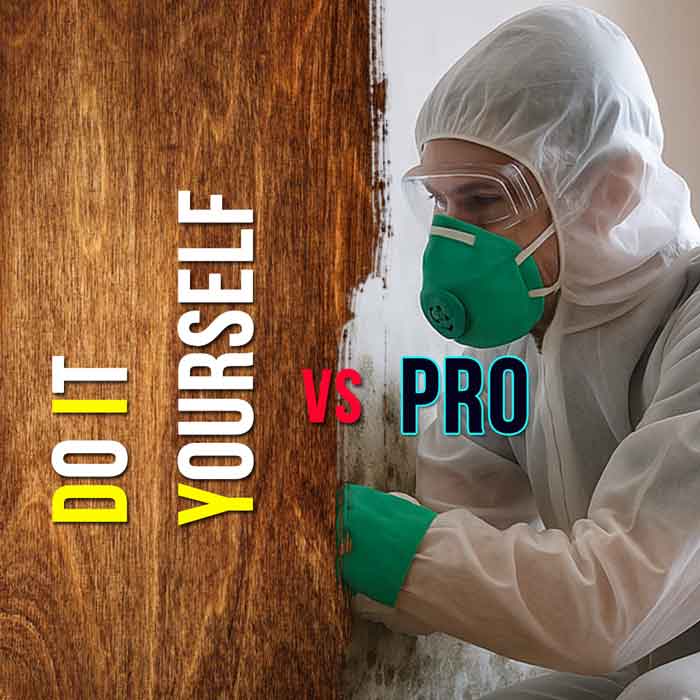
DIY is risky but possible for tiny patches:
- Use EPA-approved cleaners (e.g., Concrobium) for surface mold (<10 sq. ft.).
- Wear protective gear (N95 mask, gloves, goggles).
Call pros immediately if:
- Mold covers large areas or is toxic (e.g., black mold).
- You smell mold but can’t find the source (hidden growth is likely).
- There’s rotten wood or standing water in the crawl space.
Prevent Future Mold: 5 Proactive Tips
- Monitor humidity: Keep crawl space humidity below 60% with a hygrometer ($10–$30).
- Grade your yard: Slope soil away from the foundation to divert rainwater.
- Clean gutters: Prevent overflow that seeps into crawl spaces.
- Insulate pipes: Avoid condensation drips.
- Schedule annual inspections: Catch leaks or moisture early.
Final Advice: Act Fast, Save Money Long-Term
Ignoring crawl space mold can lead to costly repairs—or worse, a family health crisis. By hiring trusted local experts, fixing moisture sources, and investing in prevention, you’ll safeguard your home’s value and your family’s well-being.
Ready to Tackle Mold?
Search for “crawl space mold removal near me” today to connect with certified professionals in your area. A dry, mold-free home starts now!
